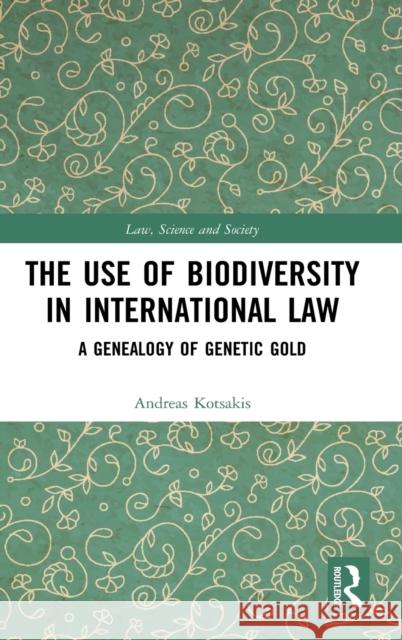The Use of Biodiversity in International Law: A Genealogy of Genetic Gold » książka
The Use of Biodiversity in International Law: A Genealogy of Genetic Gold
ISBN-13: 9781138849099 / Angielski / Twarda / 2021 / 132 str.
The Use of Biodiversity in International Law: A Genealogy of Genetic Gold
ISBN-13: 9781138849099 / Angielski / Twarda / 2021 / 132 str.
(netto: 673,60 VAT: 5%)
Najniższa cena z 30 dni: 654,86
ok. 22 dni roboczych.
Darmowa dostawa!
The protection of biodiversity through an international treaty underpinning a global regulatory regime has been accepted as the necessary legal and political structure for at least the last two decades. Based on a simple spatial and jurisdictional equation, the idea that a globally defined environmental problem of biodiversity loss has to be addressed by a similarly global mechanism appears self-evident. But this belief in the scope and scale of international environmental law, in its formalist process and eventual substantive effectiveness, is a political truth that possesses its own history. How have we come to think that we need a global biodiversity regime? And what are the effects of this need? This book employs a Foucaultian genealogical method to present an expanded, detailed and critical history of the discursive and practical use of biodiversity in international law. Drawing from environmental history, philosophy of science, political economy and development studies, this book articulates the series of on-going tactical battles over the scientific, social, economic and political truths that constitute biodiversity as an object of knowledge and regulation. The production of biodiversityas a factual ecological truth cannot, this book argues, be separated from the processes of its social, economic, political and legal problematization.











